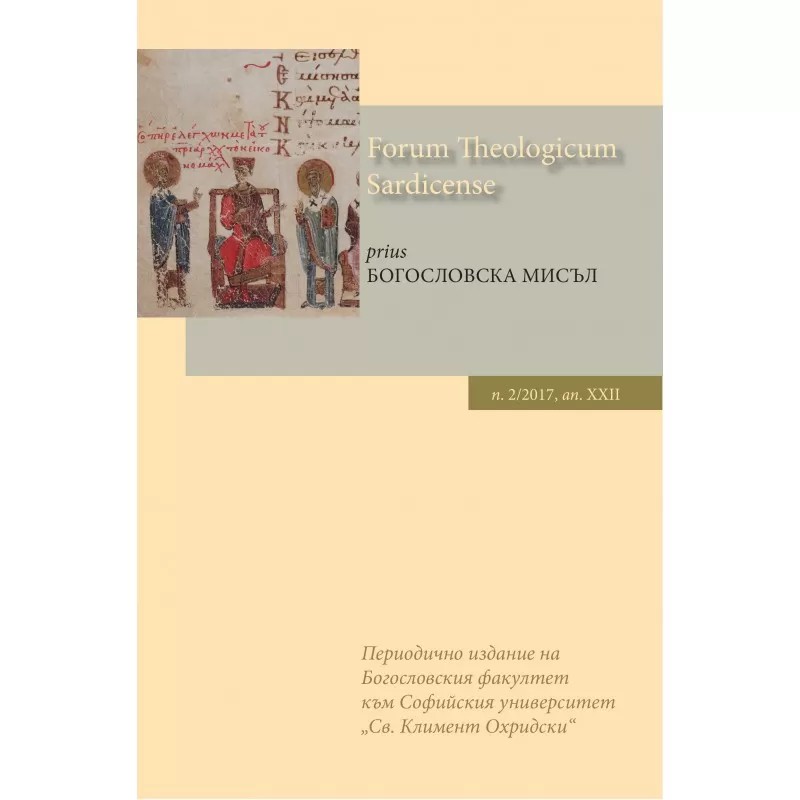Gregory of Nazianz and His Attitude towards Women in His Theological Poems and His Orations
Abstract
Gregory of Nazianzus is one of the most prominent Fathers of the Early
Church. His life was shaped by two main influences of his ecclesiastical era
(the fourth century): asceticism and monasticism on one hand, and theology
and church politics on the other. He was influenced by two aspects of
his character that were highlighted in an early dream involving two virgins
named Chastity and Temperance, which he described in his poem "Lamentation
Concerning the Sorrow of His Own Soul." In his last poem, "Epitaph
and Synopsis of His Life," Gregory not only discusses the significance
of purification and light in his Trinitarian theology but also reflects on
the influence and importance of his mother. Throughout his writings, he
emphasizes the roles of the women in his life—his mother, Nona; his sister,
Gorgonia; and Basil the Great’s sister, Macrina. He often writes about them
more frequently than about the men around him. Consequently, it was
inevitable that in his middle age, he would spend three years at the Monastery
of St. Thekla in Seleucia as a spiritual father to the nuns and eventually
bequeath part of his heritage to the virgin Roussiane. In short, Gregory is
living proof against the common Western Christian notion that the history
of women throughout Eastern Christianity has been one of suffering and
oppression by male church members. The divergence between Catholic
and Orthodox attitudes towards women can be traced to their different
interpretations of the Book of Genesis: Augustine's exegesis is based on
Eve being created from Adam's rib (Genesis 2:22), while the Cappadocians
refer to Genesis 1:27, which states that God created humankind, both male
and female, in His image. In his poem "Advice Towards Virgins," Gregory
asserts that men and women are equal in every respect—in their thoughts
about heaven, in their virgin bodies, and in their glory—differing only in
their physical forms. This theme of equality between men and women, as
expressed by the Cappadocians, has become a lasting tradition in Orthodox
Christianity, and no woman is considered a "misbegotten male."
Downloads
Published
Issue
Section
License
Copyright (c) 2017 Annual of St. Clеment of Ohrid University of Sofia – Faculty of Theology

This work is licensed under a Creative Commons Attribution-NonCommercial 4.0 International License.


